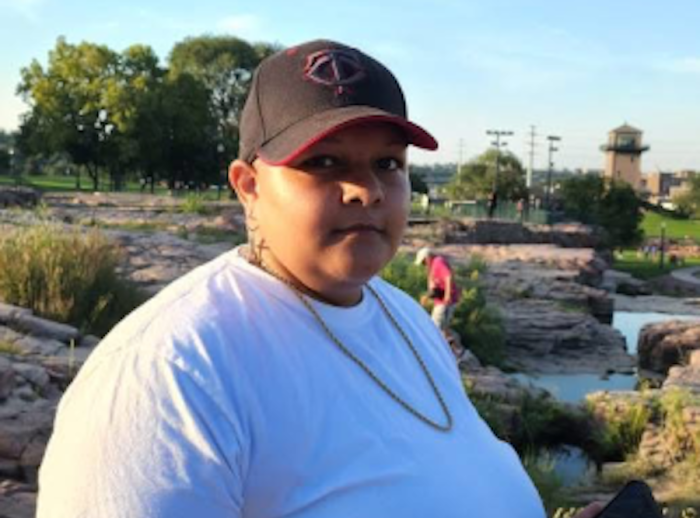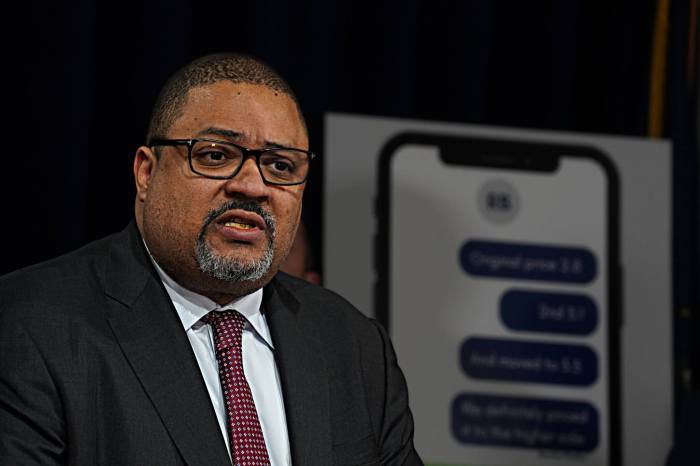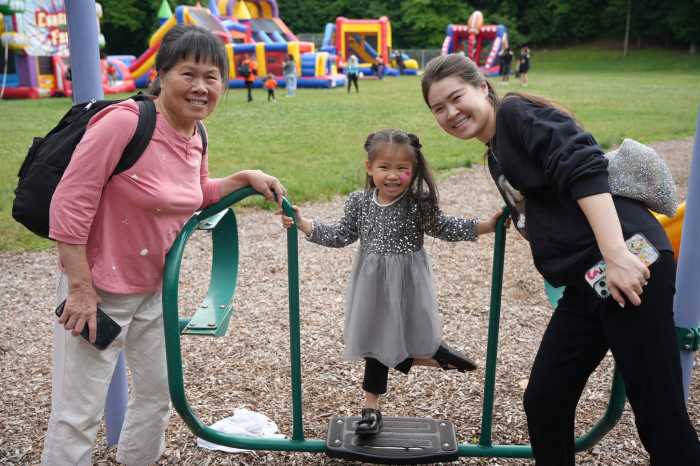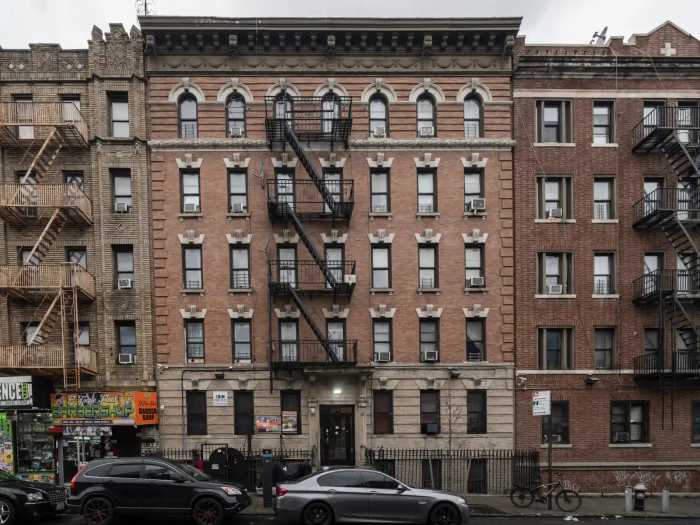The suicide of 18-year-old Rutgers freshman Tyler Clementi 18 months ago — just days after he learned his roommate had twice tried or succeeded in using a computer webcam to spy on him as he spent intimate time with another man — crystallized concern surging in preceding months about LGBT young people taking their own lives because of bullying and harassment.
Yet, the March 16 conviction of that roommate, Dharun Ravi, on charges that could land him in jail for ten years, and even lead to his being deported to his native India, has left a number of commentators, including some prominent names in the gay community, questioning whether justice was truly served in the Middlesex County, New Jersey courtroom.
“A mob mentality has set in. People — gay and straight, liberal and conservative — are calling for the heads of the two Rutgers students who cruelly and thoughtlessly invaded Tyler’s privacy,” author, editor, and sex columnist Dan Savage wrote just days after the suicide regarding Ravi and a friend who briefly watched a webstream of Clementi and another man kiss. “Facing charges that could bring them fives years in prison isn’t enough: people are calling for Dharun Ravi and Molly Wei to be charged with manslaughter, even murder.”
Savage, who launched his “It Gets Better” YouTube effort one day prior to Clementi’s suicide — in the wake of a series of highly publicized suicides by bullied queer youth — was particularly troubled by the idea that Ravi was being scapegoated for a range of factors that might have led the college freshman to take his own life: “middle and high school classmates who may have brutalized Tyler for years; school administrators who may have failed to protect him; religious ‘leaders’ and religious ‘traditions’ that pounded self-hatred into him. And I’m very sorry to say this but it has to be said: Tyler’s own family may bear some responsibility for his decision to end his life.”
To ignore the possibility that each or all may have tormented Clementi as much or more, Savage argued, amounted to “a coverup.”
After this month’s verdict was handed down, again writing on thestranger.com, the Seattle independent he once edited, Savage said, “My thinking hasn’t changed.”
Savage is not alone among gay voices in questioning the culpability assigned to Ravi and the way he was treated by the criminal justice system.
Some raise philosophical objections to the concept of hate crime laws, arguing that they punish thought rather than action. Others are concerned that New Jersey law makes a nonviolent offense — invasion of privacy — susceptible to a hate crime enhancement, just like murder and assault are. Still others note that while the jury acquitted Ravi of charges that he acted with bias motivation, they convicted him of separate charges that Clementi felt he was the victim of bias-motivated intimidation.
And just about everybody — both critics and supporters of how Ravi’s case turned out — agree that, for all the anguish Clementi likely felt over what his roommate subjected him to, his suicide remains a mystery. Critics, in particular, worry the complexity of the story and the lessons it could teach are lost on a public sated by having made an example of Ravi.
Writing on his Daily Beast blog, Andrew Sullivan described Ravi’s web spying and prosecution as “a bigoted online hazing followed by a judicial witch-hunt.” He quoted approvingly an anonymous blog poster who wrote, “Society’s harsh moral judgment of Mr. Ravi could not be adequately reflected in the law, nor could the law properly account for Mr. Clementi’s suicide. So prosecutors piled bias intimidation charges on top of the more appropriate spying and tampering ones, essentially doubling the possible sentence, in an effort to express the public’s disdain for the defendant and somehow balance Mr. Ravi’s callous acts with Mr. Clementi’s tragic death.”
More than a dozen years ago, Sullivan challenged the thinking behind hate crime laws in a New York Times Magazine story titled “What’s So Bad About Hate.” Such laws, he argued in a subsequent web posting, have “a chilling effect on free speech” and undermine “the notion of equality under the law.”
Bill Dobbs, a gay activist and civil libertarian, as one of six contributors to a recent nytimes.com occasioned by the Ravi trial, elaborated on Sullivan’s “equality under the law” concern, noting the “dangers” hate crime laws pose to “cherished constitutional principles.”
“From assault to first-degree murder, criminal laws are calibrated based on intent, i.e., what the accused is trying to accomplish,” Dobbs wrote. “Hate crime laws, however, give motive — the reason an act was done — a central courtroom role. Defendants can be tried not only for misdeeds but also for what they believe, improperly allowing evidence of personal character to influence these cases.”
Sullivan noted another more fundamental concern about Ravi’s prosecution — that it likely resulted from Clementi’s suicide, even though he faced no charges in connection with it. He quoted Jacob Sullum, who wrote at reason.com, “Had Clementi not killed himself a few days after what he dismissively called Ravi’s ‘five sec peep,’ leading to the completely unproven conjecture that Ravi’s spying drove him to suicide (a claim the prosecution never made during the trial), Ravi probably would not have faced criminal charges at all, let alone a possible ten-year sentence.”
Marc Poirer, an out gay professor at Seton Hall Law School, made much the same point in an interview with the Newark Star-Ledger, saying, “Technically, Clementi’s suicide is irrelevant to what Ravi has been charged with, but it colors everybody’s point of view.”
Indeed, the early reporting on the Clementi suicide did much to shade public attitudes. Numerous published reports said that Ravi had outed Clementi and webstreamed in flagrante scenes of him and his 30-year-old guest, still identified only as M.B., to a party of viewers. It was not until the New Yorker published a detailed story by Ian Parker this February that most observers learned that what Ravi and Wei — and them alone — saw was likely just seconds of the two men kissing.
Still, after seeing the kiss, Ravi tweeted, “I saw him making out with a dude. Yay.” Two nights later, when Clementi asked to have private use of the dorm room again, Ravi, who had the technical chops to set his computer webcam to automatically turn on when a video chat call came in, tweeted, “Anyone with iChat, I dare you to video chat me between the hours of 9:30 and 12. Yes, it’s happening again.” He texted a friend that he planned “a viewing party.”
The popular view that Ravi had a problem with Clementi being gay was certainly buffered by release of evidence such as an email he sent a friend when he learned the identity of his prospective roommate saying, “FUCK MY LIFE / He’s gay.” On his Twitter account, he posted a link to a page from Justusboys, a gay porn site, in which he found a web handle used by Clementi, and wrote, “Found out my roommate is gay.”
Richard Kim, an out gay writer at the Nation who is “opposed to all forms of hate crimes legislation,” cautioned against reading too much into what Ravi, an inveterate tweeter and texter, may have written about Clementi, noting that Clementi played with some biases of his own. In messages to an Asian friend from high school, he wrote, “My roomates name is Dharun/ I got an azn!” After meeting Ravi’s parents, Clementi wrote the same friend back, saying they seemed “sooo Indian first gen americanish” and “defs owna dunkin’.”
“Decode and contextualize the teen-text speak, and what emerges is a story of two boys, one more vulnerable than the other, trying to navigate — badly and without much guidance — the vicissitudes of close encounters of the freshman kind,” Kim wrote, hastening to add, however, “Don’t mistake me. This isn’t a ‘boys will be boys and so it’s all okay’ argument.”
Some observers have wondered, in fact, how Ravi’s ethnicity may have played in this case. India Today newspaper quoted a spokesperson for the South Asian Lesbian and Gay Association of New York (SALGA) saying, “Our first thought was that it’s become a big deal because Ravi is South Asian, and it seemed race-related at least from this perspective. There was no media attention on the bullies in other recent cases of young gay suicides, only on the victims. It seemed like Ravi was being scapegoated.”
E.J. Graff, an out lesbian who is a senior fellow at the Schuster Institute for Investigative Journalism at Brandeis, blogging at the American Prospect, asked, “Had Ravi been white, native-born, or simply lighter-skinned, would he have been convicted?… There’s plenty of evidence that darker skin leads to harsher convictions. There’s also a lot of post-9/11 bias against Ravi’s ethnic appearance.”
Still, if there are signs that both Ravi and Clementi harbored immature and biased attitudes about people different from themselves, it was also clear at his trial that Ravi went to great — and illegal — lengths to delete tweets and phone messages that would incriminate him. In a lengthy text apology to Clementi sent just about the time Clementi was jumping off the George Washington Bridge, Ravi claimed he had disabled the webcam during the other man’s second date with M.B. Earlier that day, however, he had texted a friend that the device “got messed up and didn’t work LOL.” In fact, Clementi, having learned of Ravi’s earlier spying by reading his Twitter feed, had simply unplugged the computer.
The main concern of Seton Hall’s Poirer was not whether the public’s mind was poisoned about Ravi or the degree to which he had prejudice toward Clementi. Instead, he worried about what he termed “a very harsh use of New Jersey’s bias intimidation statute.” The law, he argued, lacked “sufficient flexibility… to address what Ravi is alleged to have done, which is to taunt and embarrass but not to physically attack. A bias charge is usually linked to an underlying crime involving violence, like murder, assault, or vehicular homicide. But that’s not the kind of crime Ravi is charged with. He’s facing invasion of privacy charges, and the bias charge is linked to that.”
He added, “I wonder how carefully the Legislature thought about that as the hook for bias intimidation.”
Even some supporters of hate crime legislation have voiced caution on this point. Writing in the same nytimes.com Room for Debate forum in which Dobbs participated, Wade Henderson, president of the Leadership Conference on Civil and Human Rights, wrote, “Although the tragic case of Tyler Clementi clearly demonstrates the need for greater awareness of cyberbullying and digital privacy and safety, it does not present the typical hate crime paradigm. Reasonable people can disagree about whether it should be prosecuted as such.”
More ambiguously, Chris Anders, senior legislative counsel at the American Civil Liberties Union’s LGBT rights program, wrote, also in Room for Debate, that hate crime laws “must be narrowly tailored, so they punish the crime itself, and not the expression of beliefs we find objectionable.”
In the same forum, yet another writer, Hayley Gorenberg, deputy legal director at Lambda Legal, voiced no such reservations, arguing, “With regard to the Ravi trial, our legal system recognizes that not all crimes draw blood. It’s possible to strike deep at one’s core without a bullet or a knife blade.”
John Cloud, an out gay writer at Time magazine, and Annemarie P. McAvoy, a Fordham Law School professor interviewed by the Philadelphia Inquirer, posed perhaps the most unsettling question about Ravi’s conviction. In a trial in which he was convicted on 24 of 35 charges, Cloud observed that Ravi was acquitted of having purposely intimidated Clementi because of his sexual orientation and of knowing that his roommate would feel intimidated after being seen on webcam. He was found guilty, on the other hand, of having invaded Clementi’s privacy “under circumstances that caused Tyler Clementi to be intimidated.”
Such a “murky and confusing” verdict — suggesting Ravi was convicted not based on his state of mind, but rather Clementi’s — McAvoy said, provided ample grounds for appeal.
If Ravi has a number of well-known figures in the gay community and elsewhere willing to ask if he got a fair shake, his public relations blitz since his conviction is unlikely to win him any new friends. In a self-serving sit-down with a sympathetic Chris Cuomo on ABC’s “20/ 20,” Ravi, who warned friends he invited to watch his roommate get intimate with another man via webcam that “it could get nasty,” lamented the fact that he never befriended Clementi, someone who he said seemed to have no friends other than strangers he met online. Ravi remains, to all appearances, callow and unaware of how his actions affect others.
Mike Signorile, writing on the Huffington Post, charged that “just as his legal team put faith in what they hoped was a homophobic judicial system by refusing a plea that would have spared Ravi jail time, they’re now putting faith in what they hope is a homophobic American culture.”
Steven Goldstein, the chair of New Jersey’s LGBT civil rights group, Garden State Equality, who was among the first to call for hate crime prosecution of Ravi, was pressed by Cuomo as to whether that description doesn’t better fit a situation in which someone is assaulted. The “20/ 20” anchor asked if the lesson from the Clementi-Ravi matter might not be, “Right message. Wrong case.”
“Sorry. Right message. Right case,” Goldstein shot back without skipping a beat. “Dharun Ravi was a bully. He did make Tyler Clementi’s life horrible.”
Even as they hang tough in their criticism of Ravi for his actions and intent regarding his late roommate Tyler Clementi, both Goldstein and Signorile agree with nearly everyone else who has spoken up about this case — that ten years and the threat of deportation are far too much punishment for his crimes.
Just what, then, are the final lessons we can learn from this tragic episode?































